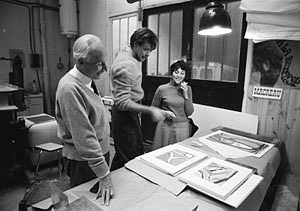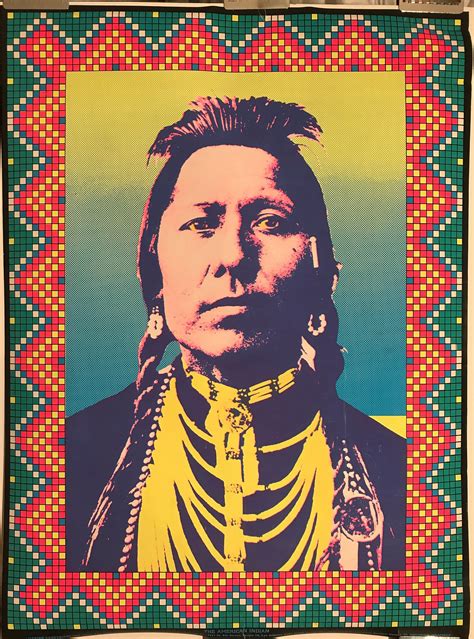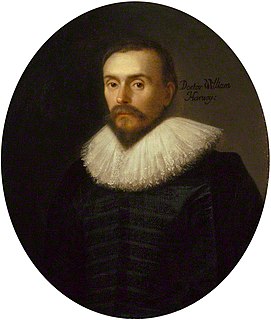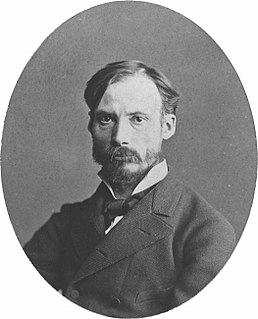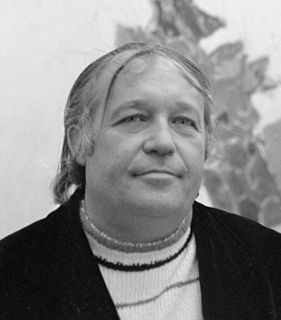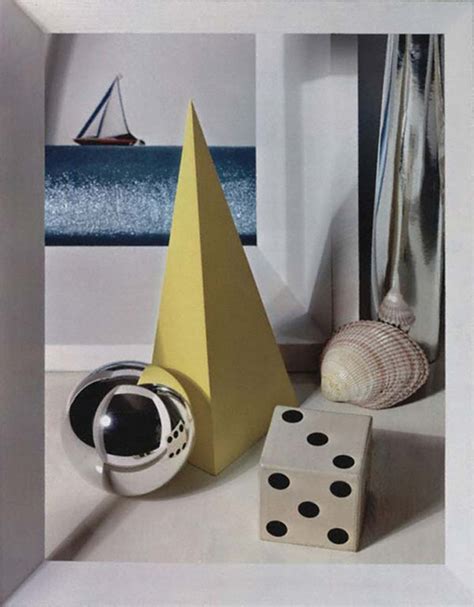A Quote by Gustave Courbet
Art or talent, for an artist, is merely a means of applying his personal faculties to the ideas and the things of the period in which he lives.
Related Quotes
Art is a creative effort of which the wellsprings lie in the spirit, and which brings us at once the most intimate self of the artist and the secret concurrences which he has perceived in things by means of a vision or intuition all his own, and not to be expressed in ideas and in words-expressible only in the work of art.
Upon this law, depend the natural rights of mankind, the supreme being gave existence to man, together with the means of preserving and beatifying that existence. He endowed him with rational faculties, by the help of which, to discern and pursue such things, as were consistent with his duty and interest, and invested him with an inviolable right to personal liberty, and personal safety.
Art is not for the personal satisfaction of one or the other, but art wants to return all what's in life... Art wants to give back everything what's in our lives. The more comprehensive the artist stands in life the more powerful his work will speak, and therefore a work of art is a measure of the mental size of his creator.
There is only one Art, whose sole criterion is the power, the authenticity, the revelatory insight, the courage and suggestiveness with which it seeks its truth. ... Thus, from the standpoint of the work and its worth it is irrelevant to which political ideas the artist as a citizen claims allegiance, which ideas he would like to serve with his work or whether he holds any such ideas at all.
As an artist, illustrator, and photographer, most of my daily work was formed around the Art & Entertainment business, which was about packaging ideas that looked like they were crafted as artist ideas. In the distributed products, my artist credit was hidden inside the package of the artist or entertainment personality.
Harvey was not content merely to gather knowledge; he digested and arranged it under the guidance of the faculties which compare and reason. ... Harvey appears to have possessed, in a remarkable degree, the power of persuading and conciliating those with whom he came in contact. In the whole course of his long life we hear nothing either of personal enemies or personal enmities ... one of the great men whom God, in virtue of his eternal laws, bids to appear on earth from time to time to enlighten, and to ennoble mankind.
The public needs art, and it is the responsibility of a ’self-proclaimed artist’ to realize the public needs art, and not to make bourgeois art for the few and ignore the masses. … I am interested in making art to be experienced and explored by as many individuals as possible with as many different individual ideas about the given piece with no final meaning attached. The viewer creates the reality, the meaning, the conception of the piece. I am merely a middleman trying to bring ideas together.
Art is life seen through man's inner craving for perfection and beauty--
his escape from the sordid realities of life into a world of his imagining. Art accounts for at least a third of our civilization,
and it is one of the artist's principal duties to do more than merely record life or nature.
To the artist is given the privilege of pointing the way and inspiring towards a better life.
It has always been my belief that the true artist, like the true scientist, is a researcher using materials and techniques to dig into the truth and meaning of the world in which he himself lives; and what he creates, or better perhaps, brings back, are the objective results of his explorations. The measure of his talent--of his genius, if you will--is the richness he finds in such a life's voyage of discovery and the effectiveness with which he is able to embody it through his chosen medium.
Fine art, that exists for itself alone, is art in a final state of impotence. If nobody, including the artist, acknowledges art as a means of knowing the world, then art is relegated to a kind of rumpus room of the mind and the irresponsibility of the artist and the irrelevance of art to actual living becomes part and parcel of the practice of art.
According to the technical language of old writers, a thing and its qualities are described as subject and attributes; and thus a man's faculties and acts are attributes of which he is the subject. The mind is the subject in which ideas inhere. Moreover, the man's faculties and acts are employed upon external objects; and from objects all his sensations arise. Hence the part of a man's knowledge which belongs to his own mind, is subjective: that which flows in upon him from the world external to him, is objective.



